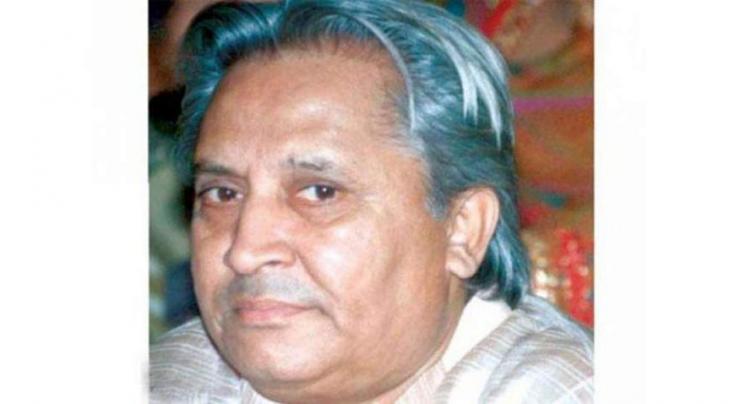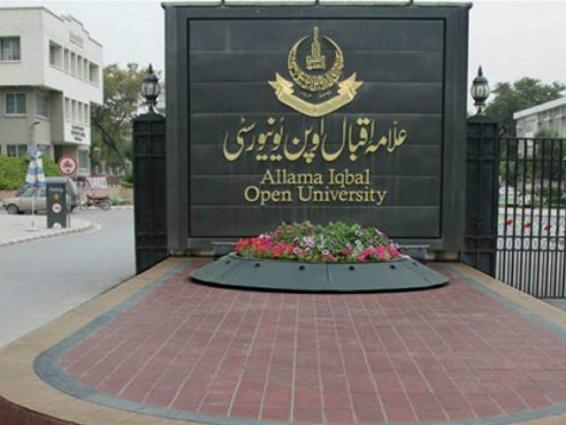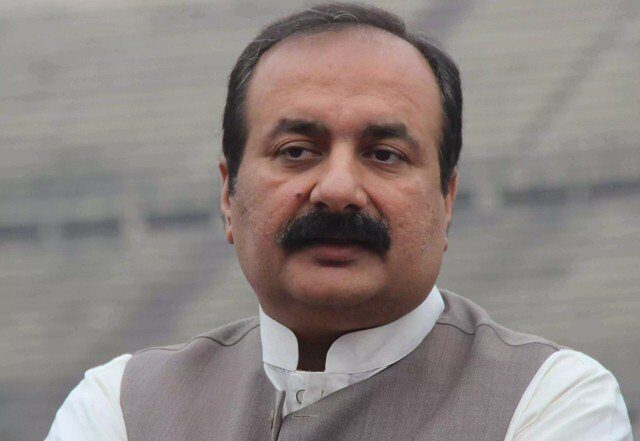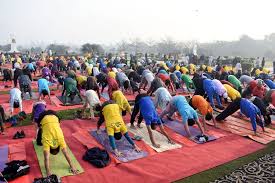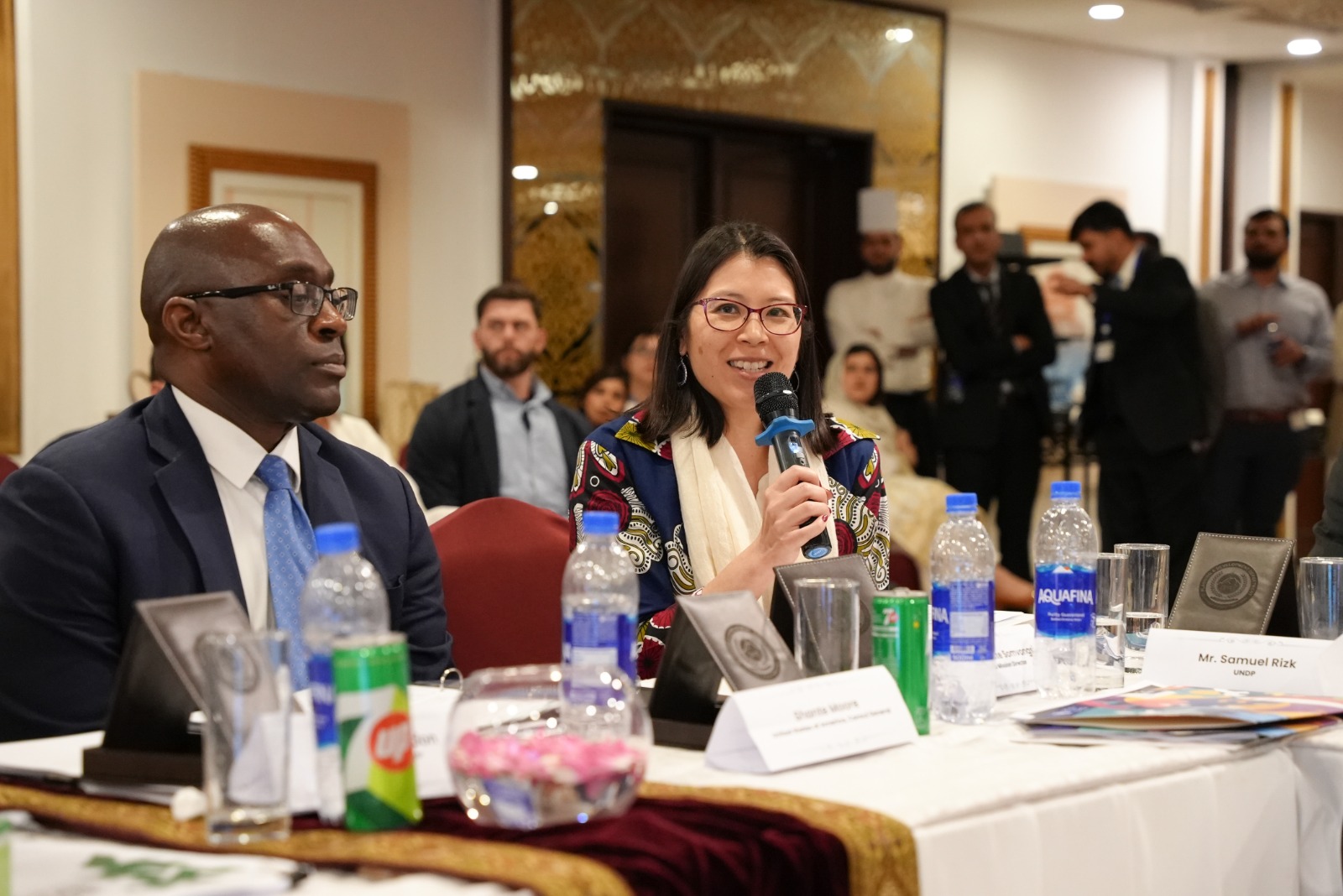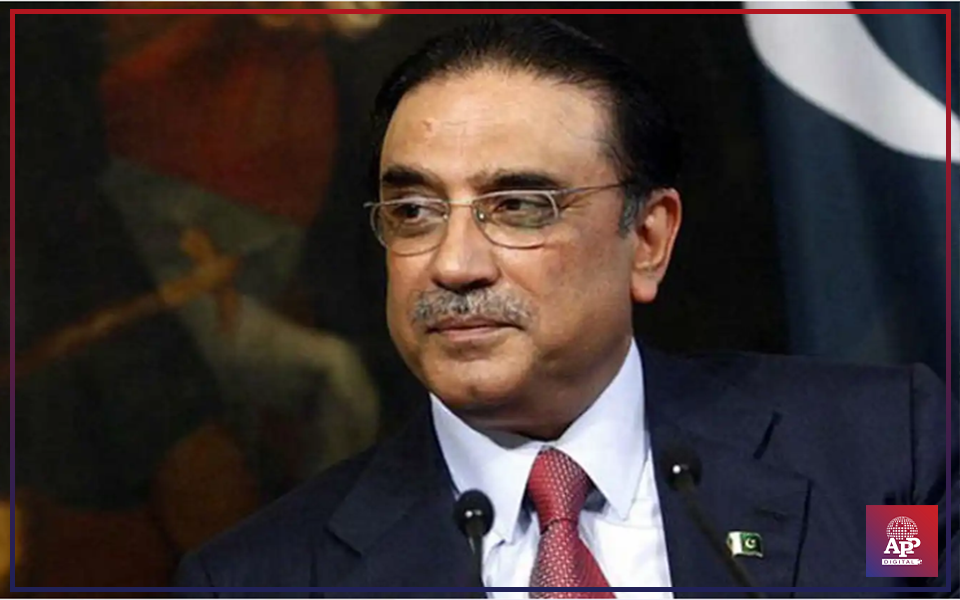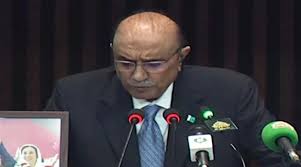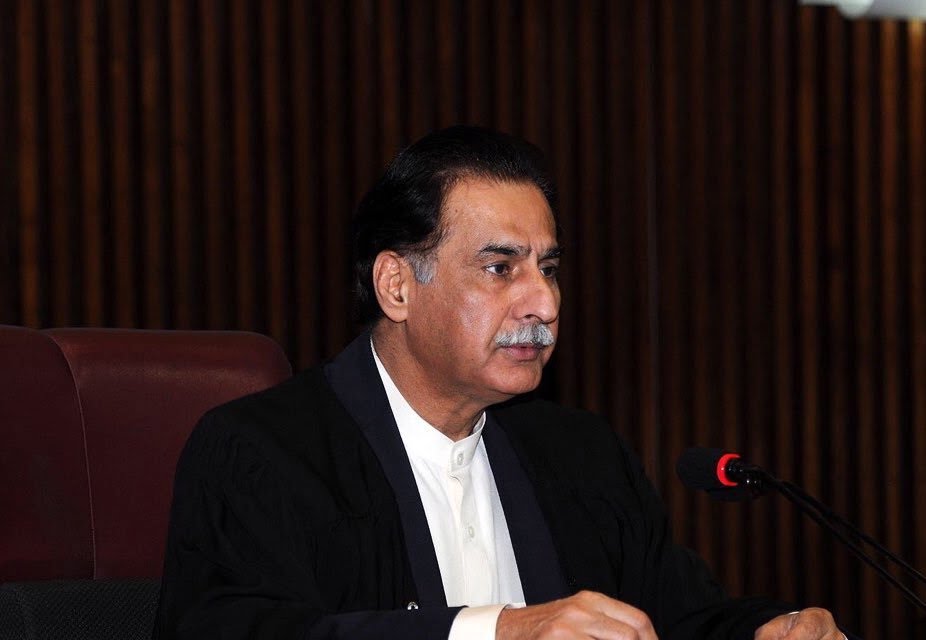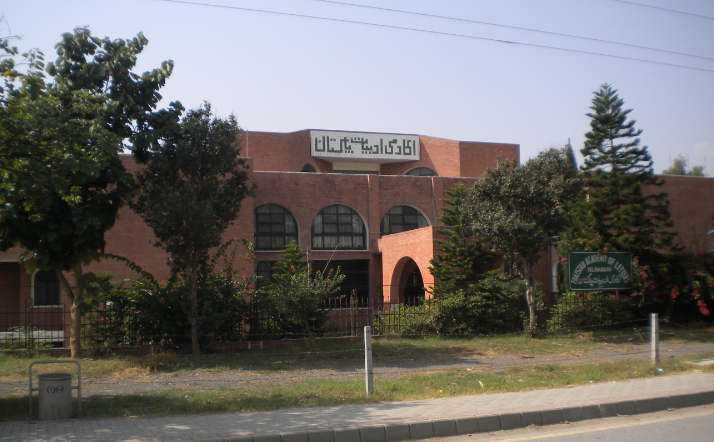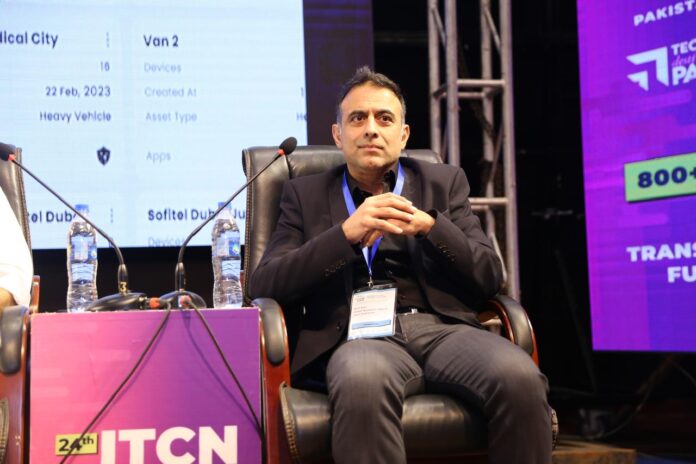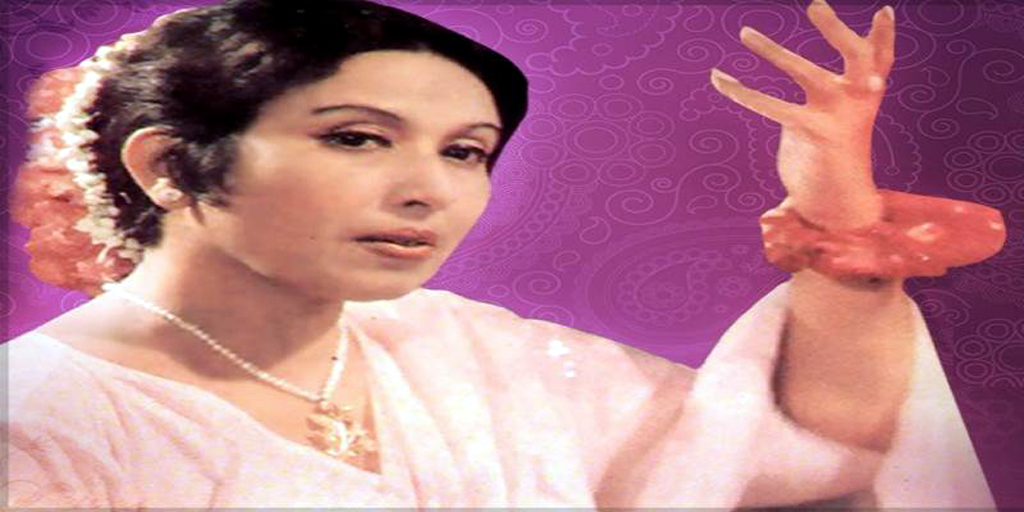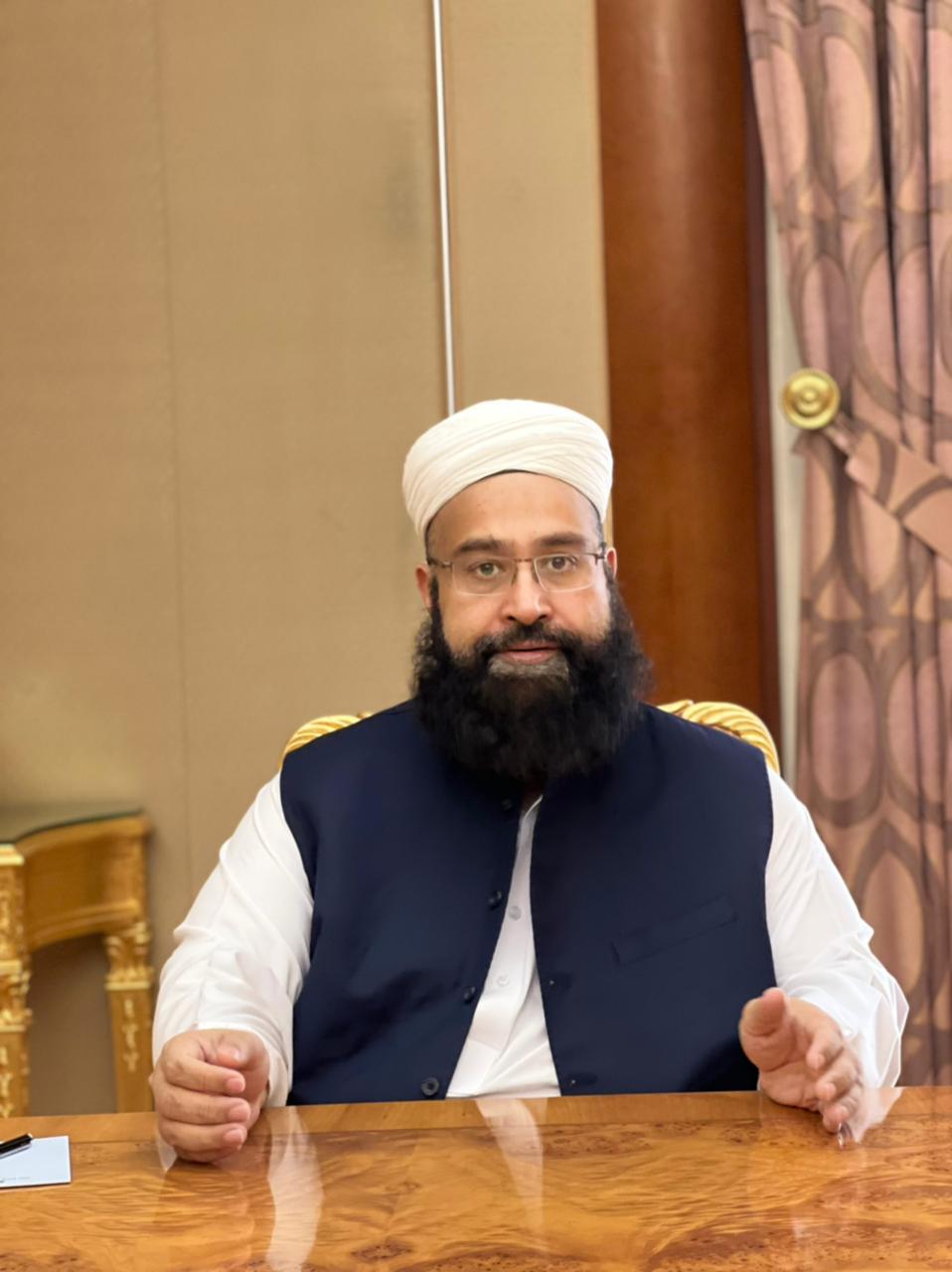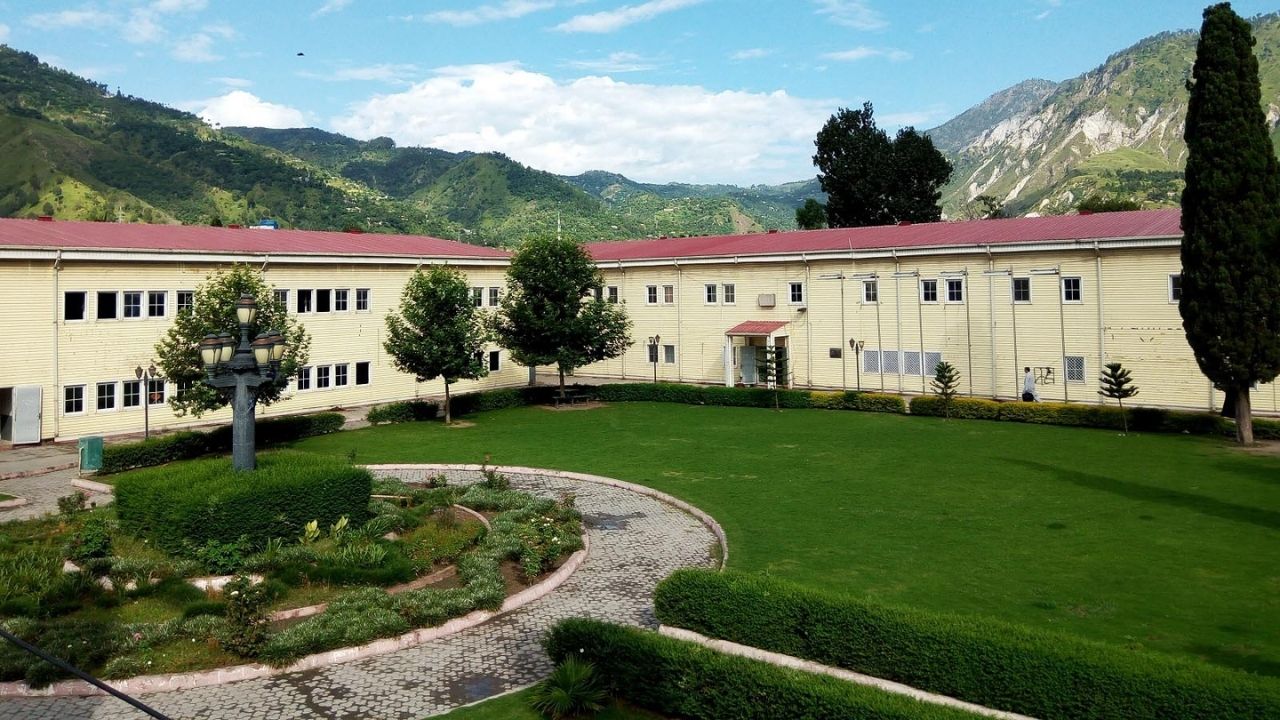ISLAMABAD, March 20 (APP):In a seminar held on the sidelines of the 55th session of the United Nations Human Rights Council (UNHRC), speakers hailing from various backgrounds expressed grave concerns over India’s misuse of its judiciary to suppress political dissent in the disputed territory of Jammu and Kashmir.
The seminar hosted by the Community Human Rights and Advocacy Center, was addressed by noted international law experts including advocate Ahmer Bilal Sofi, Barrister Tanvir, Altaf Hussain Wani Ronald Brones, while Muzammil Thakur moderated the penal, a press release said received from Geneva.
While shedding light on the denial of fair trials to Kashmiri prisoners, the panalists raised serious doubts about the impartiality of the Indian judiciary. Referring to Article 10 of the Universal Declaration of Human Rights, UDHR and Geneva Convention, the speakers said, “As per these international covenants, every prisoner is entitled to an impartial and public hearing when his or her rights are at stake.”
They asserted that the right to a fair trial, recognized as a fundamental human right internationally, forms an essential pillar of justice and democracy. Underlining the dire situation faced by Kashmiri prisoners languishing in various jails in and out side of the Kashmir, the speakers lamented the denial of fair trials to political activists, human rights defenders, and civil society activists in Kashmir. They denounced the Indian government for arresting Hurriyat leaders, rights defenders and civil society activists and subjecting them to prolong imprisonment without adequate opportunities to defend themselves in a court of law.
They also raised concerns about the conduct of judges in Indian courts, saying that some of them act more like prosecuting or police officers than impartial arbiters of justice. Referring to the Indian judiciary’s biased approach towards Kashmiris, the speakers said that while hearing the case of Kashmiri prisoners, Indian courts had failed to maintain the required level of neutrality to ensure justice.
The reopening of decades-old cases against Kashmiri leaders, they said there was an evidence of the politicization of the courts. “The judiciary appeared to be compliant with the current government’s agenda that seeks to crush every kind of dissent in the region”, they said.
Urging the international community to take effective notice of the situation in Kashmir, the speakers emphasized that it was imperative for the global community to exert pressure on the Indian government to stop the weaponization of the judiciary against Kashmiris.
They observed that the weaponization of the judicial system against Kashmiris had not only eroded the independence of the Indian judiciary but also cast a dark shadow over the entire Indian justice system.
مضمون کا ماخذ : اسکریچ کارڈ نمبر
